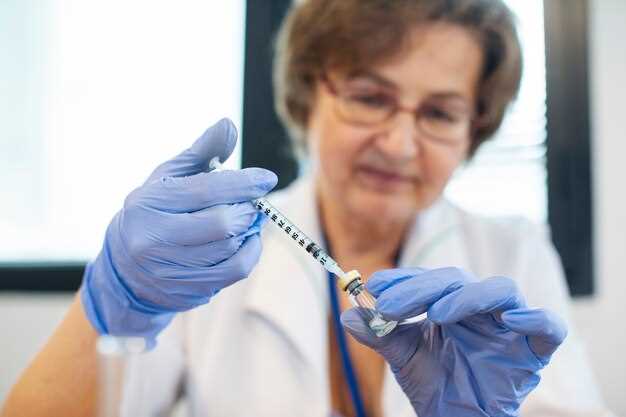
Unraveling the Mystery: Curious about how a certain medication interacts with opiate screenings?
Unlocking Insights: Dive into the intricate dynamics of substance testing and pharmaceutical influence.
Exploring Pathways: Delve into the labyrinth of pharmacology to understand potential outcomes.
Empowering Knowledge: Arm yourself with information to navigate the complexities of drug screenings.
Insightful Investigations: Embark on a journey to uncover the nuances of medication and detection methodologies.
Understanding Naltrexone and Opiate Testing

When delving into the complexities of the relationship between naltrexone and opiate detection, it’s crucial to grasp the intricate interplay between these elements. Exploring this dynamic sheds light on the nuances of how certain substances interact within the body, influencing various testing methodologies.
Implications of Naltrexone on Opiate Screening:
In navigating discussions surrounding the effects of naltrexone on opiate screening processes, one encounters a spectrum of considerations. From pharmacological mechanisms to biochemical interactions, each facet contributes to the broader understanding of how these substances interface during testing procedures.
Exploring Naltrexone’s Influence:
At the crux of comprehending naltrexone’s impact on opiate detection lies a multifaceted exploration of its pharmacodynamics. Unveiling the intricacies of how naltrexone modulates receptor activity and metabolic pathways provides insight into its potential effects on screening outcomes.
Interpreting Test Results:
Within the realm of opiate testing, deciphering the implications of naltrexone administration poses a significant challenge. This necessitates a nuanced approach, considering factors such as assay sensitivity and specificity, as well as the potential for cross-reactivity with metabolites.
Addressing Clinical Considerations:
Moreover, understanding the ramifications of naltrexone usage within clinical contexts adds another layer of complexity. Clinicians and researchers alike must navigate the intricacies of interpreting test results in individuals undergoing naltrexone therapy, balancing therapeutic benefits with potential confounders in screening protocols.
In summation, delving into the realm of naltrexone and opiate testing unveils a tapestry of interconnected factors. From pharmacological mechanisms to clinical considerations, each thread contributes to a comprehensive understanding of this intricate relationship.
Understanding the Interaction

In this section, we delve into the intricate dynamics between a particular substance and its impact on testing outcomes. Exploring the correlation between a specific medication and the detection process sheds light on crucial insights often overlooked.
- Unraveling the Mechanisms: Discover the inner workings of how certain compounds may influence the results of diagnostic screenings.
- Insight into Chemical Interactions: Gain a deeper understanding of how substances interact within the body and how these interactions manifest in testing procedures.
- Exploring Pharmacokinetics: Delve into the absorption, distribution, metabolism, and excretion of substances, and how these factors play a role in detection methods.
- Factors at Play: Explore the multifaceted elements that contribute to the complexities of interpreting test results accurately.
- Implications for Testing Protocols: Learn how understanding these interactions can inform the development of more effective testing protocols and strategies.
By comprehensively understanding the interplay between various elements, we can navigate the nuances of testing procedures with greater clarity and precision.
